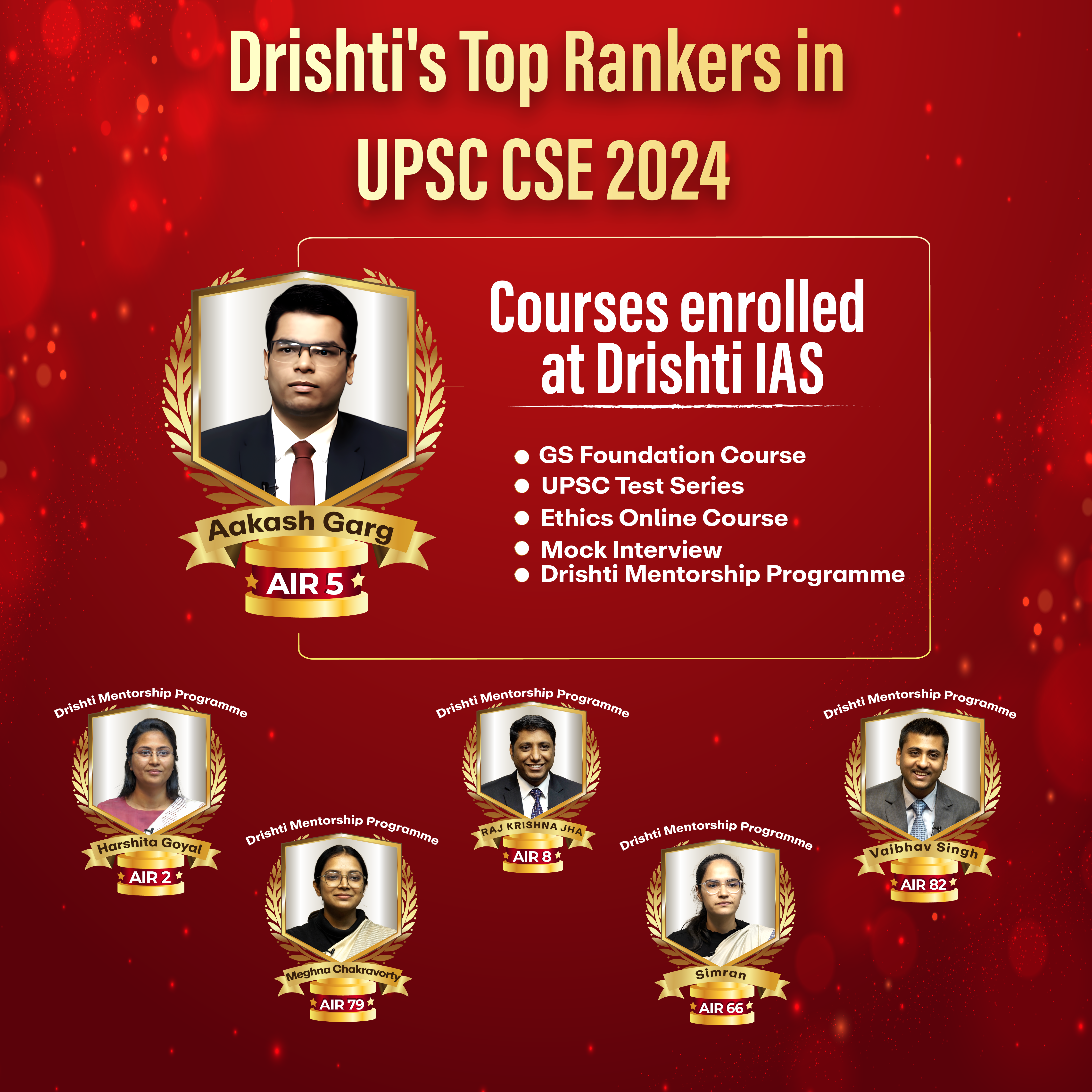Bihar Switch to Hindi
NCPCR Chief Demands UN Probe in Bihar Madrasas
Why in News?
Recently, the National Commission for Protection of Child Rights (NCPCR) chairman raised serious concerns over the "radical" curriculum in government-funded madrasas of Bihar and the enrolment of Hindu children in these schools.
Key Points
- The chairman criticised the United Nations Children's Fund (UNICEF) for its role in developing this curriculum for madrasas.
- He also called on the United Nations to investigate these activities and urged that the Madrasa Board be dissolved.
- Many books included in the curriculum of these madrasas are published in Pakistan and research on their content is ongoing.
- The use of funds for activities outside the scope of the Right to Education (RTE) Act, 2009 constitutes a violation of both the Indian Constitution and the United Nations Convention on the Rights of the Child (UNCRC).
National Commission for Protection of Child Rights (NCPCR)
- NCPCR is a statutory body set up in March 2007 under the Commissions for Protection of Child Rights (CPCR) Act, 2005.
- It is under the administrative control of the Ministry of Women & Child Development.
- The Commission's mandate is to ensure that all laws, policies, programs, and administrative mechanisms are in consonance with the child rights perspective as enshrined in the Constitution of India and also the UN Convention on the Rights of the Child.
- It inquiries into complaints relating to a child's right to free and compulsory education under the Right to Education Act, 2009.
- It monitors the implementation of the Protection of Children from Sexual Offences (POCSO) Act, 2012.
Convention on the Rights of the Child
- It is a treaty adopted by the United Nations General Assembly in 1989.
- It recognises a child as every human being under 18 years old.
- It sets out the civil, political, economic, social and cultural rights of every child, regardless of their race, religion or abilities.
- It includes rights such as Right to Education, Right to Rest and Leisure, Right to Protection from Mental or Physical Abuse including Rape and Sexual Exploitation.
- It is the world’s most widely ratified human rights treaty.










%20MPPCS%202025%20Desktop%20E.jpg)
%20MPPCS%202025%20Mobile%20E%20(1).jpg)



.jpg)






.png)
.png)



 PCS Parikshan
PCS Parikshan

